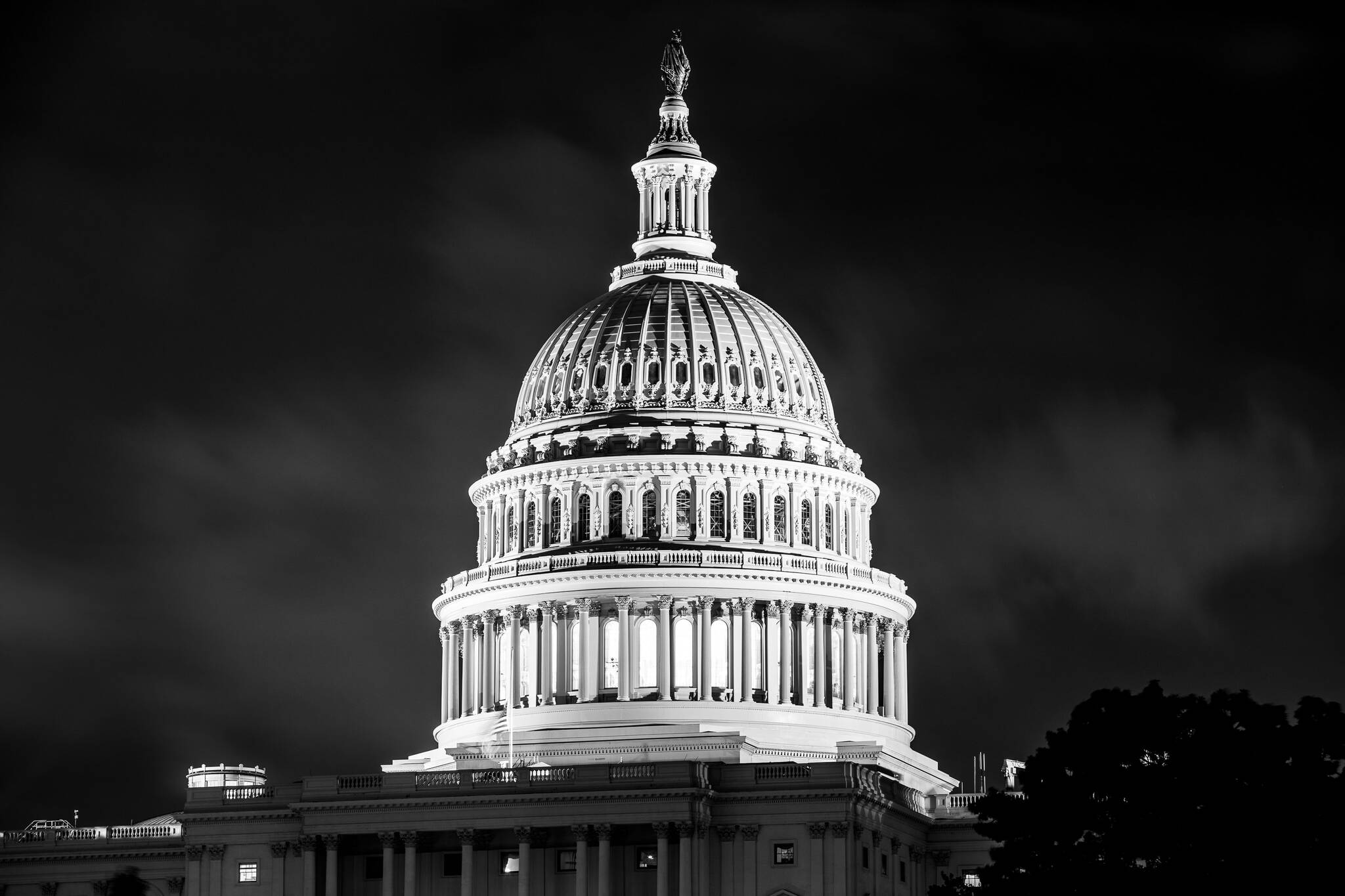After years of study of money flows over history in Europe, the French economist Thomas Piketty observed, in so many words and pages in his 2014 book “Capital,” that wealth, as measured in quantities and movements of currency, mostly flows up and out of the threadbare pocketbooks of individual working men and women and into the already flush bank accounts of wealthy million and billionaires. These days that upward currency flow is more like a flood.
Homespun entertainer and radio personality Will Rogers said much of the same thing in November 1932 when, as part of his homage to FDR, who had been recently elected to his first term as U.S. President, he observed that:
“The money was all appropriated for the top in the hopes that it would trickle down to the needy. Mr. Hoover didn’t know that money trickled up. Give it to the people at the bottom and people at the top will have it before night, anyhow. But it will at least have passed through the poor fellow’s hands.”
Yesterday I heard a Republican Senator from Nebraska say something like: “ … all we have to do is compromise to avoid the embarrassment of fiscal default on all our debts pledged to others and backed with the full faith and credit of the U.S. government.”
Many politicians have been saying the same thing, … for years … even decades. I don’t personally claim to be a politician, but I do read and write a lot. I agree with these comments by Piketty and Rogers, and I have something to say on this whole business of fiscal responsibility and democracy in the day-to-day operations of government. Finally, count me all in with the First Amendment to the U.S. Constitution.
I’m saying that, this time, there won’t be any compromise on this coming political train wreck (a train wreck coming at us with a kind of speed and acceleration that suggests to me the U.S. in the spring of 1861) mainly because the Republicans won’t tolerate any attempts to raise their taxes.
Democrats, on the other hand, won’t tolerate any attempts to take away any part of the social safety net they have designed and, since 1932, been working hard to maintain and extend in order to keep American men, women and children from losing their homes, their health, their votes and their ability to feed and clothe the members of their family and their neighbors when any of those neighbors come on hard times.
Even with the constant political head-butting, the increasing likelihood of this collision between the two major factions of the U.S. Congress does, momentarily, offer an opportunity to bring about a compromise. The two factions control all the votes in the U.S. Congress. If members of the factions can, as individuals rather than as government officials, put a lid on the right-wing hate and slander machine and then put their hearts and minds into the idea of compromise, the two factions may be able to make a deal to avoid shutdown.
After all, they are almost perfectly matched in terms of what it takes to command the majority of votes in their respective chambers — votes that will be needed to pass the kind of compromise I am proposing here.
Together, with good will, they can do this. It is the right thing to do and they should do it.
All it will take is for the Republicans to agree to take Trump’s 2017 tax cuts off the books, thus restoring the rates in effect on those individuals with more than $250,000 in annual inflation-adjusted income.
On the other side, the Democrats should be able to agree with those Republicans who want to allow Social Security payments to be allocated on a graduated scale with those having the greatest wealth receiving the smallest monthly payments; those with minimal wealth and negative annual incomes receiving the largest monthly payments.
Once the spending limit death grip is broken I like to think that the compromise, above, that will make it possible will become common practice in the halls of the U. S. government. Many good things can follow.
Jerry Smetzer is a longtime resident of Alaska. He lives in Juneau.

